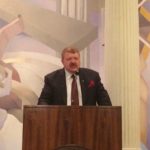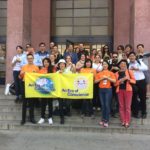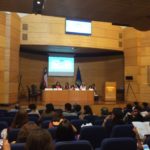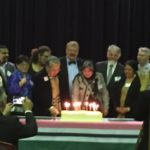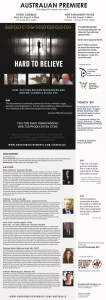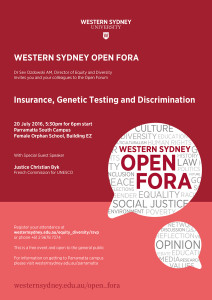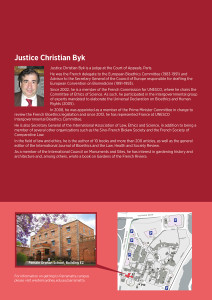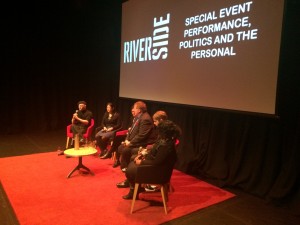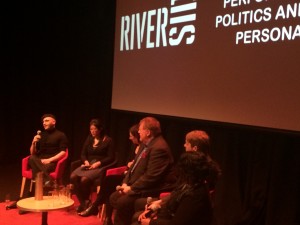The University of Chile School of Law and the Center for Human Rights hosted the 7th IHREC on 12-15 December 2016. 
The IHREC is an international event that has taken place in Australia, South Africa, Poland, Taiwan, the United States and The Netherlands. This time the conference was held for the first time in Latin America and the 2017 conference will be held in Canada.
The 7th IHREC was bi-lingual(in Spanish and English) and brought together some 250 experts, scholars and concerned individuals from different countries.
The summary of the conference may be viewed 2017-01-18 Record of the VII IHREC The papers and presentations from the panels are available on http://ihrec2016.org/en in the section with the program. As you go to the details of each panel, the presenter names are links to their papers. If you wish to download, for example, the papers from Panel 1, you go to this link http://ihrec2016.org/en/opalsingleevent-session/panel-1-human-rights-education-hre-in-formal-education-systems-part-1-challenges-and-analysis/ and select the papers you want to download. The final publication will be available in March 2017.
Dr Ozdowski, Foundation Convenor & Series Coordinator, International Human Rights Education Conferences, opened the conference (see 2016-12-12 7TH IHRE OPENING REMARKS BY SEV OZDOWSKI – speaking notes 2) delivered a paper on Australian Multiculturalism (see 2016-12-12 7IHREC CHILE – MULTICULTURALISM PAPER[1] ) and chaired the closing panel. Sev also presented to the Executive Director of the Museo de la Memoria y los Derechos Humanos a coper dove given him by political prisoners in August 1986 when he was visiting Chilean prisons on a human rights mission to Latin American countries.
For more information see: https://www.westernsydney.edu.au/equity_diversity/equity_and_diversity/conferences/international_human_rights_education_conferences
Below there are few photographs from the 7 th IHREC.
- Opening Ceremony
- Participants
- Conference session
- The Dove given to Sev by political prisoners in 1986 in Chile
- Presentation of a Prisoners Dove to Museum
